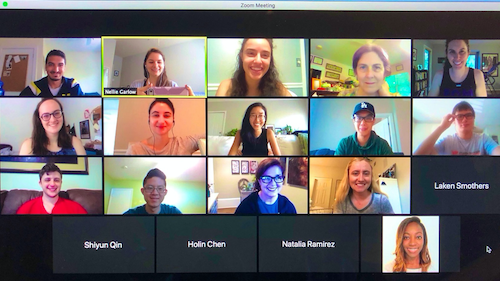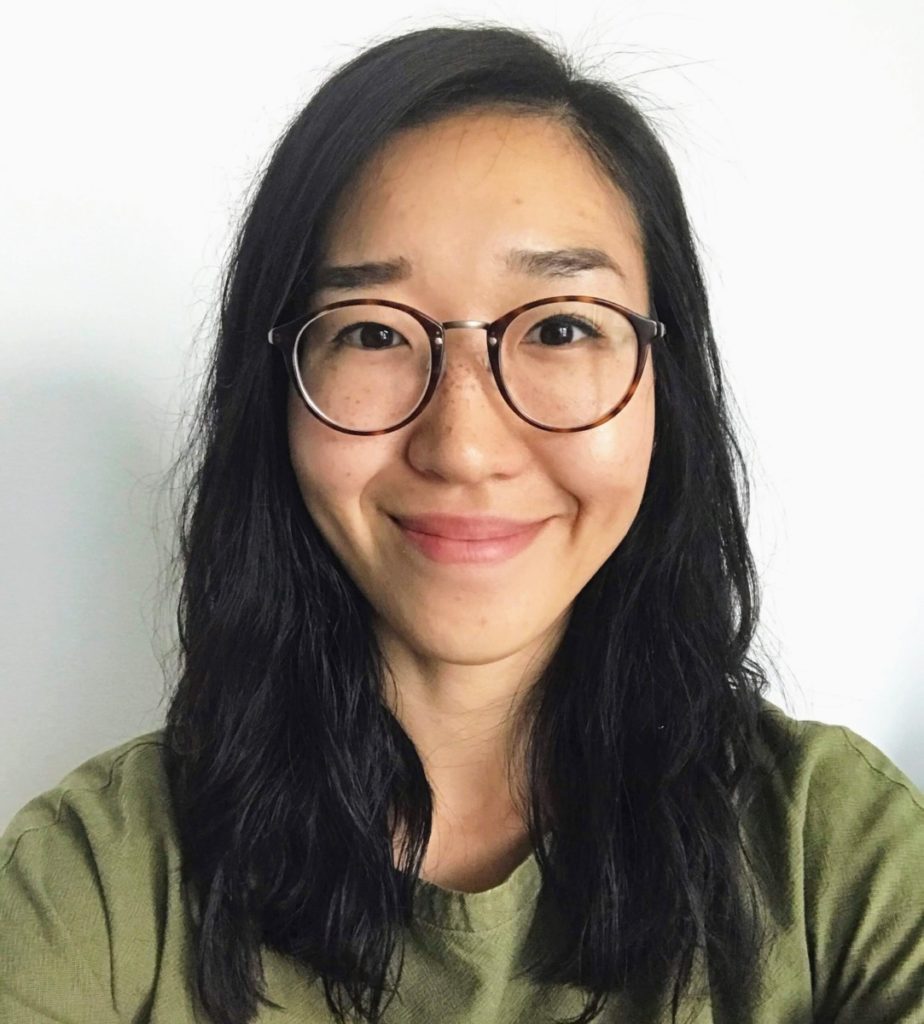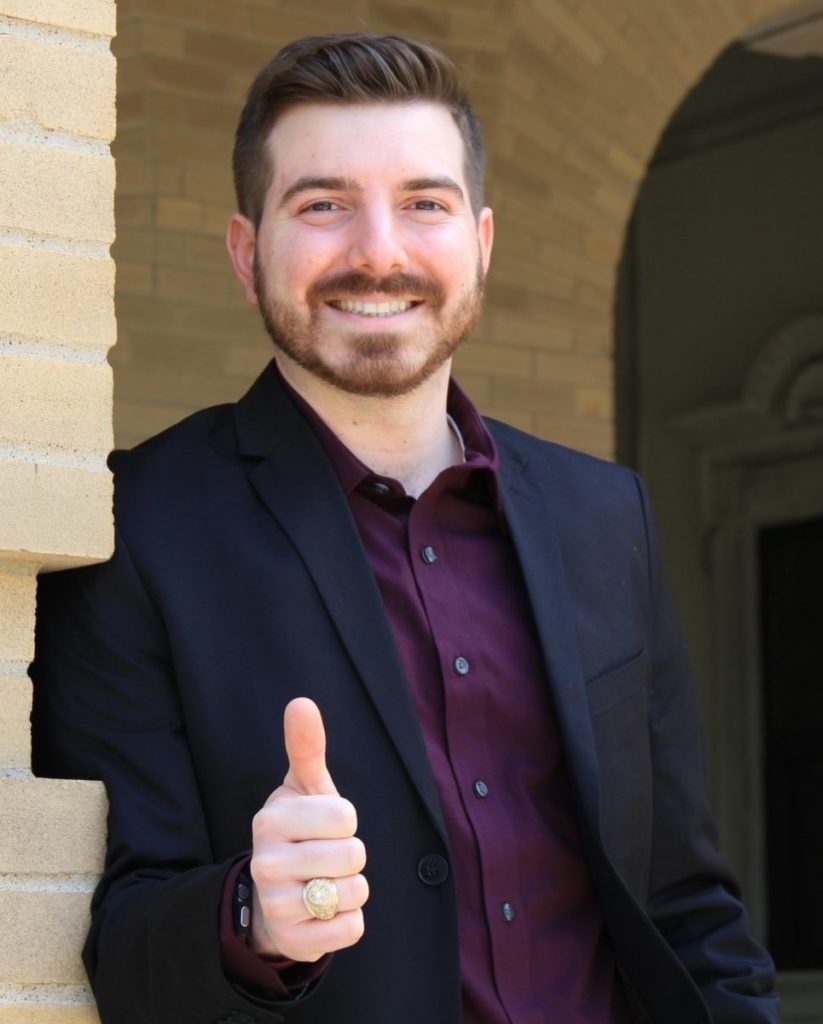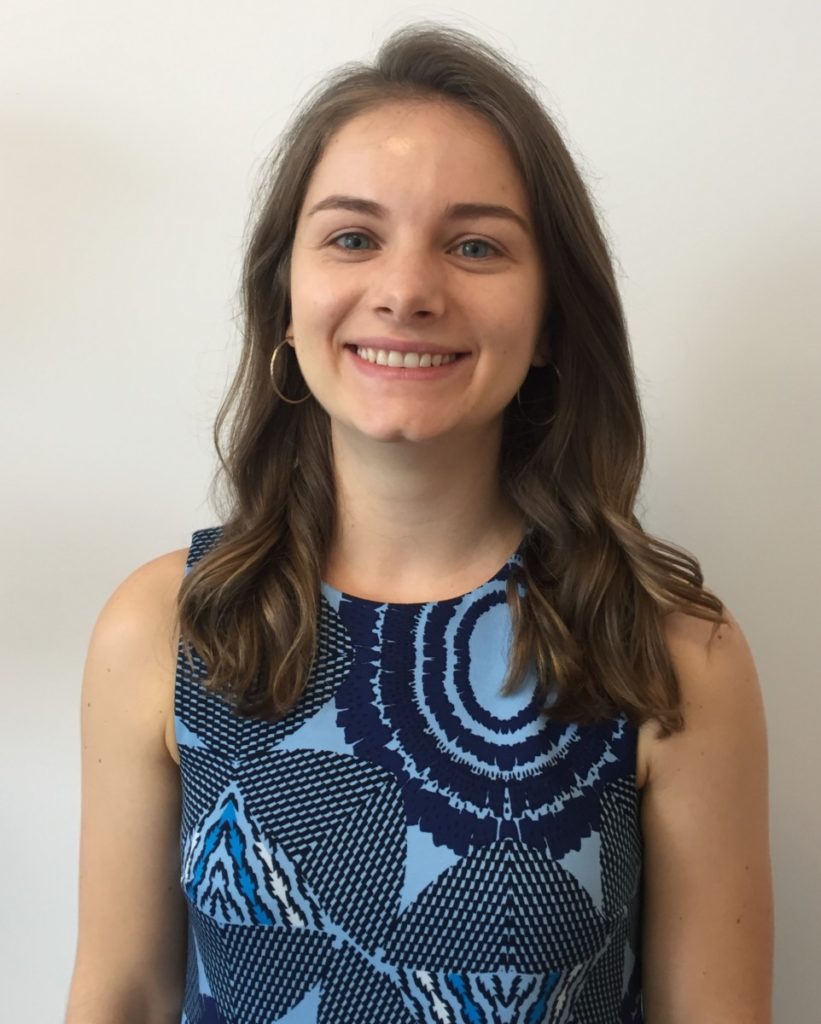Emory EPI Responds: COVID-19 Journal Club
Category : #WeAreEmoryEPI
When the announcement first came in March that Rollins, like many other educational institutions in the US, would be transitioning to distance learning, a group of EPI students came together, spurred by their desire to better understand the pandemic and maintain connections among their cohort, to form a COVID-19 journal club. With the support of Department Vice-Chair Dr. Jodie Guest and Dr. Anne Spaulding, the group was able to develop their idea of a virtual journal club and turn it into a reality. The journal club provides a space for students to learn more about different facets of COVID-19 response that align with their areas of interest, and practice their presentation skills in a comfortable environment.
The student leaders look for volunteers every week to lead discussions on thought-provoking articles on any topic of their choice. Each week a different member is able to showcase their unique background knowledge and experiences through their presentation, which makes for new and lively discussions every time they meet. Several of the student leaders have described how being a part of this journal club has not only given them a creative outlet to apply their epidemiologic knowledge and helped them to stay current on the latest COVID-19 literature, but also granted them a great opportunity to socialize and support one another during these often isolating times.
Their group has tackled a wide range of topics since the journal club began in March, including: the cell biology of COVID-19 and possible targets for intervention, validation of a COVID stress scale, a systematic review on the evidence behind face masks and physical distancing, challenges related to social distancing in different contexts, potential zoonotic links for COVID-19, challenges surrounding surveillance among incarcerated populations, and many more topics to come as the journal club continues through the academic year.

This week I spoke with three of the student leaders of the COVID-19 journal club, Lisa Chung, Clayton Carmon and Nellie Garlow, to learn more about their experiences this summer, what they have enjoyed most about being part of it, and what their plans are for the future of the journal club.
Middle: Clayton began his bachelor’s degree in 2008 at Texas A&M but decided to take some time off in 2009 and worked a variety of jobs, including interning with a non-profit in Haiti, before returning to school in 2015. He graduated with a BS in public health from Texas A&M in 2019 before starting at Rollins.
Right: After earning her bachelor’s degree in public health, Nellie worked for a health policy research firm for 5 years where she specialized in qualitative research on maternal health and substance use disorder. Nellie is also a member of the Hall County Outbreak response team.
Q: What was your favorite article or discussion so far and what did you learn?
Lisa: I have thoroughly enjoyed every single discussion so far! We reviewed such a wide range of topics on COVID-19 from genetic/molecular background of the pathogen to One Health, racial disparities, risk factors, social distancing, and so much more. We had two presentations on social distancing—one focus on global comparison and another on systematic reviews and meta-analysis of peer-reviewed articles. It provided more tangible results that I could communicate with my friends and family on the importance of maintaining physical distancing.
Clayton: I think the best discussion we had was on an article concerning social distancing and the differences across countries. We had a very good discussion on the challenges of social distancing measures in low-income countries as well as the challenges here in the US across different states.
Nellie: Tough one! We’ve had a lot of great articles, but if I had to choose one, I’d say the one that I can’t stop thinking about was on race and COVID-19 (led by Hillary Bonuedie ’21). It is so critical that we understand how data on race is collected and the extent of missing data when looking at COVID-19.
Q: Has being a part of this journal club or any of the topics you have discussed impacted your academic and professional interests?
Lisa: More so than anything, reading the articles taught me how tightly the work of public health is intertwined with every aspect of our lives and existing infrastructure. As an epidemiologist in training, I hope to carry this perspective forward with me.
Clayton: I wouldn’t say it’s changed my academic interests but, it has very much opened my eyes to the vastness of the field of Epidemiology. It has really been fascinating to see in more detail the many different paths and areas of research one can follow in Epidemiology as well as how impactful Epi can be in the wider world of science, healthcare, and policy.
Nellie: Definitely! Staying up to date on the pandemic has strengthened my interest in infectious disease and has made me more interested than ever in helping out with the response after graduation. On a personal note, I use a lot of the information I learn during journal club to answer questions from friends/family about the pandemic.
If you are interested in joining the COVID-19 journal club this fall, click here to sign up for the list serve and follow the instructions on the flyer below!
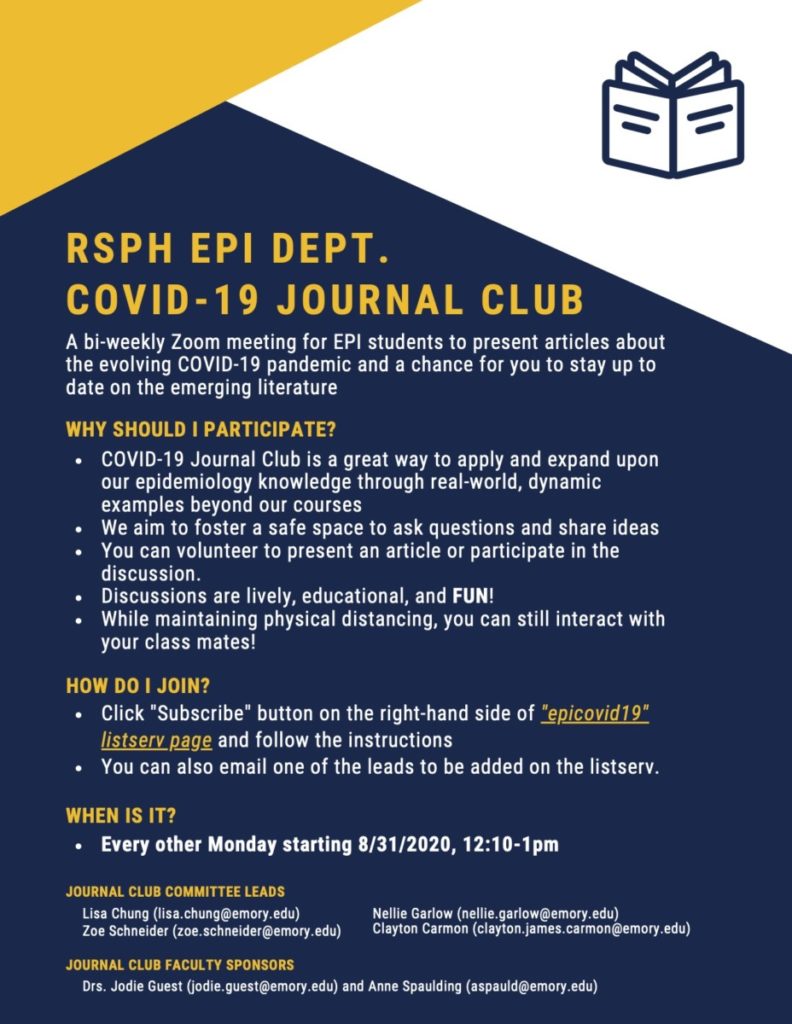
Thank you for reading this week’s edition of Emory EPI responds! We are excited to continue to highlight the great work our students have been doing this summer to continue learning about public health work in action and stay engaged, both inside and outside of the classroom. Stay tuned for upcoming features on more students who have been essential contributors in the Fulton County Board of Health’s response efforts and the Emory Outbreak Response Team!
Image Source: Lisa Chung
